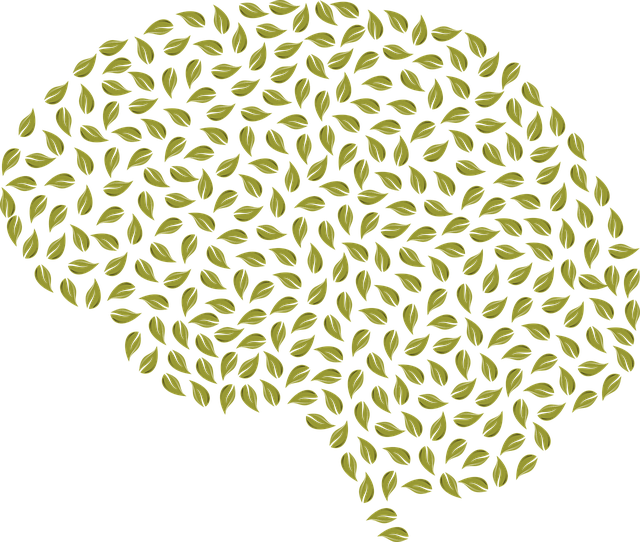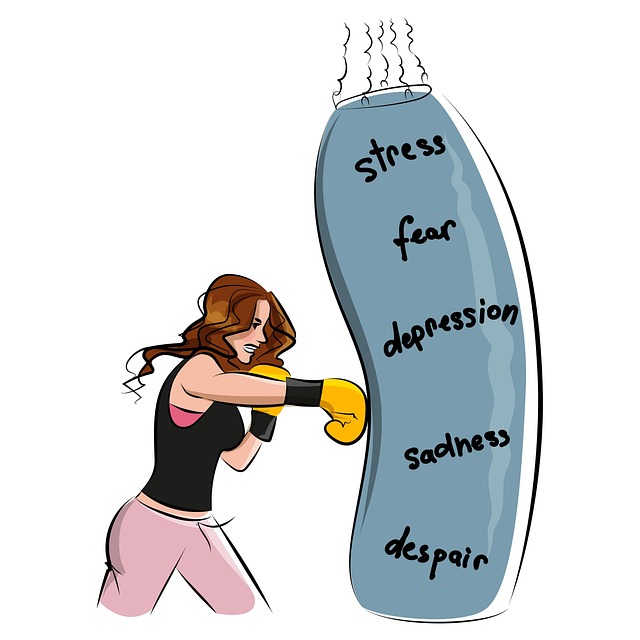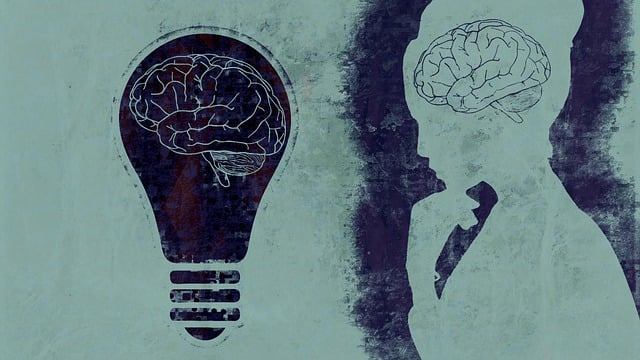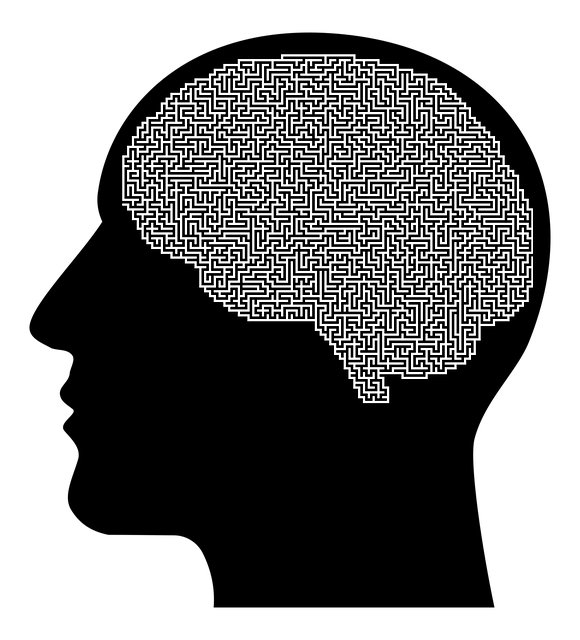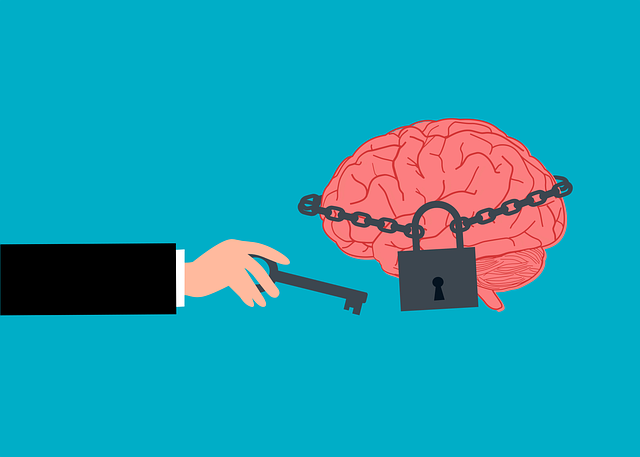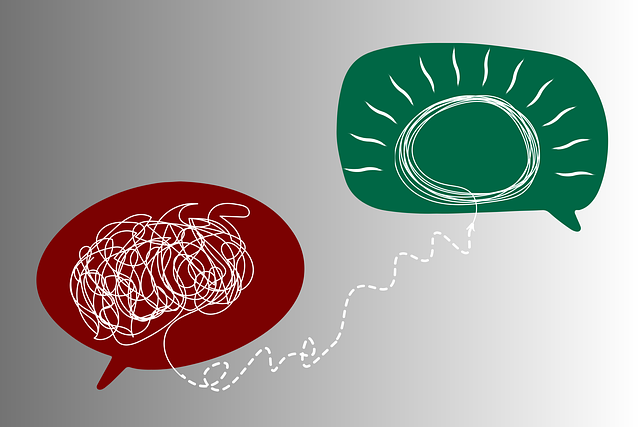Postpartum depression (PPD) in Boulder, despite accessible mental health services, remains undiagnosed due to societal stigma. Mental Health Policy Analysis advocates for communication strategies while Self-Esteem Improvement initiatives reduce stigma. Boulder Postpartum Depression Therapy offers specialized treatments tailored to address unique PPD challenges. To prevent and manage PPD, self-care practices like exercise, mindfulness, adequate sleep, and hobbies are crucial alongside professional help from therapists. Holistic self-care strategies including emotional intelligence development and mindfulness meditation empower mothers and promote a healthier balance between caregiving and self-nurturing. Boulder Postpartum Depression Therapy boosts confidence, emotional intelligence, and effective coping strategies for postpartum mental health support.
In the journey towards motherhood, new mothers often face a unique set of challenges, with postpartum depression (PPD) being a prevalent yet often overlooked issue. This comprehensive guide aims to illuminate the importance of self-care in preventing and managing PPD. From understanding the condition to exploring effective strategies, we delve into practical ways for mothers to nurture their mind, body, and spirit. Additionally, we highlight the transformative power of Boulder Postpartum Depression Therapy, offering insights into its benefits for those seeking professional support.
- Understanding Postpartum Depression: A Common Yet Overlooked Challenge for New Mothers
- The Importance of Self-Care in Preventing and Managing Postpartum Depression
- Effective Self-Care Strategies for Mothers: Nurturing Mind, Body, and Spirit
- Seeking Professional Help: Boulder Postpartum Depression Therapy and Its Benefits
Understanding Postpartum Depression: A Common Yet Overlooked Challenge for New Mothers

Postpartum depression (PPD) is a common yet often overlooked challenge faced by new mothers. It’s more than just the ‘baby blues’; PPD is a serious mental health condition characterized by intense and persistent feelings of sadness, anxiety, and exhaustion that can significantly impact a mother’s ability to care for herself and her child. This condition can arise within the first year after childbirth and often goes undiagnosed due to societal expectations and stigma surrounding mental health.
In Boulder, where access to mental health services is generally good, there’s still a need for increased awareness and support for PPD. Mental Health Policy Analysis and Advocacy plays a crucial role in ensuring that communication strategies are effective and accessible to new mothers. By educating healthcare providers and the public about PPD symptoms, Self-Esteem Improvement initiatives can help reduce stigma, encouraging mothers to seek help without fear of judgment. Boulder Postpartum Depression Therapy offers specialized support, providing evidence-based treatments tailored to address the unique challenges faced by new mothers suffering from PPD.
The Importance of Self-Care in Preventing and Managing Postpartum Depression

Postpartum depression (PPD) is a significant mental health concern that can greatly impact new mothers, affecting their ability to care for themselves and their infants. In Boulder, where access to quality healthcare is abundant, recognizing the importance of self-care practices in preventing and managing PPD is paramount. Beyond seeking professional help from therapists specializing in postpartum depression therapy in Boulder, fostering inner strength and building resilience through dedicated self-care routines can be transformative.
Self-care plays a crucial role in emotional regulation, a key aspect often disrupted by PPD. By prioritizing activities that nurture physical, mental, and emotional well-being, new mothers can enhance their ability to cope with the demands of motherhood. This includes practices such as regular exercise, mindfulness meditation, adequate sleep, and engaging in hobbies or creative outlets—all contributing to the development of inner strength and improved resilience. These self-care strategies not only help manage symptoms of PPD but also empower women to navigate this challenging period with greater confidence and a deeper sense of control over their emotional well-being.
Effective Self-Care Strategies for Mothers: Nurturing Mind, Body, and Spirit

Mothers often find themselves at the forefront of nurturing and caring for others, which can lead to neglecting their own well-being. Effective self-care strategies are essential for maintaining mental health and preventing issues like postpartum depression in Boulder. Nurturing the mind, body, and spirit is a holistic approach that involves dedicated practices tailored to each individual’s unique needs.
Embracing emotional intelligence, a key component of self-care, enables mothers to recognize and manage their emotions effectively. Public awareness campaigns development focused on mental health can provide valuable resources and support systems. Additionally, incorporating mindfulness meditation into daily routines has been proven beneficial in reducing stress and improving overall well-being. These strategies not only enhance personal resilience but also foster a healthier balance between caregiving responsibilities and self-nurturing.
Seeking Professional Help: Boulder Postpartum Depression Therapy and Its Benefits

For many new mothers, navigating the whirlwind of postpartum changes can be challenging. Emotional shifts and physical demands can lead to feelings of being overwhelmed, anxious, or even depressed—a condition known as postpartum depression (PPD). Seeking professional help is a crucial step towards alleviating these symptoms and promoting emotional well-being. Boulder Postpartum Depression Therapy offers specialized support tailored to the unique needs of new mothers.
This form of therapy provides an effective means to boost confidence and enhance emotional intelligence, empowering women to manage their mental health. Through various evidence-based techniques, therapists help individuals develop healthy coping strategies, improve mood regulation skills, and cultivate resilience. By addressing PPD head-on, Boulder Postpartum Depression Therapy plays a pivotal role in supporting mothers’ journeys towards healing and overall happiness.
Improving self-care practices is a powerful tool in preventing and managing postpartum depression. By understanding the common challenges, like those discussed for postpartum depression, new mothers can proactively nurture their mind, body, and spirit. Seeking professional help, such as Boulder Postpartum Depression Therapy, offers valuable support when needed. Integrating these strategies into daily routines can foster resilience and overall well-being, ensuring a healthier and happier journey for both mother and child.
